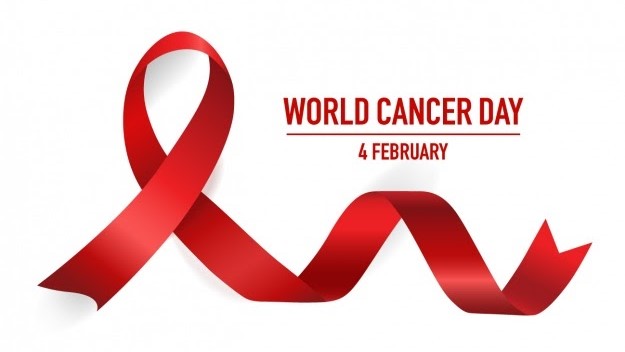#WorldCancerDay: Challenges In Fighting One Of World’s Deadliest Diseases
The commemoration of world cancer day in Nigeria comes with a reminder of how deadly the disease is in a country with a low number of professionals and a soaring number of victims.

Cancer remains one of the world’s deadliest diseases with no cure, making it one of the leading causes of deaths around the world. Yet, prevention, detection and treatment still prove to be a huge challenge across the world.
World Cancer Day, which is commemorated yearly on Feb. 4, focuses on spreading awareness and campaigns to reach the goals associated with beating the disease such as advocating early checks and diagnosis, treatment and overall, reduce the mortality rate stemming from cancer globally.
Cancer is the second leading cause of death in the world according to the World Health Organisation (WHO). It occurs when an abnormal, uncontrolled growth of cells develops in the body, causing malignant tumours. Cancerous tumours can spread to nearby tissue and without early detection, cannot be cured and is fatal.
This years’ theme, ‘I Am and I Will’ further demonstrates the impact of everyone’s actions in the fight against cancer, and how collective action can make a huge difference in the number of cancer-related deaths.
In Nigeria with a population of over 200 million, there were 115,950 cancer cases with 70,327 deaths in 2018, according to WHO.
This number is much higher compared to the number of deaths related to COVID-19.
After a year since Nigeria recorded its index case, there have been 134,690 cases as of Feb. 3, and 1618 deaths have been recorded, a fraction compared to the staggering number of cancer fatalities.
The WHO also said breast cancer was the most common, attributing 22.7 per cent of cases to it, followed by cervical cancer (12.9 per cent). In essence, this means women are the most likely to get and die from cancer, according to statistics.
Nigeria faces a great challenge in terms of treating cancer patients due to the lack of professionals in medical centres to attend to the large population.
In 2018, Runcie Chidebe, the Executive Director of Project PINK BLUE, a Nigerian cancer organisation engaging in cancer awareness, screening, research and other related activities stated that the country only had 50 oncologists for a population of 200 million, as well as limited facilities and equipment to provide treatment.
“Every single day, Nigerian oncologists are faced with the worst and most horrible cases of cancer and meet limited treatment facilities,” Chidebe said.
“Therefore, we urge oncologists to improve their skills and provide better care for cancer patients across Nigeria.”
“The government needs to intervene with fellowships and investments in noncommunicable diseases in the country.”
Similarly, WHO also gave figures of per 10,000 cancer patients, there were only six radiation oncologists as of 2019 and 30.2 radiologists.
Matshidiso Moeti, WHO’s Regional Director for Africa, said that Africa’s cancer burden has doubled within the past two decades, yet health systems are yet to catch up.
“Investment in prevention, screening for early detection and treatment must be a priority,” Moeti said.
“On #WorldCancerDay, I think of everyone bravely fighting cancer, & those supporting them.”
Support Our Journalism
There are millions of ordinary people affected by conflict in Africa whose stories are missing in the mainstream media. HumAngle is determined to tell those challenging and under-reported stories, hoping that the people impacted by these conflicts will find the safety and security they deserve.
To ensure that we continue to provide public service coverage, we have a small favour to ask you. We want you to be part of our journalistic endeavour by contributing a token to us.
Your donation will further promote a robust, free, and independent media.
Donate HereStay Closer To The Stories That Matter




